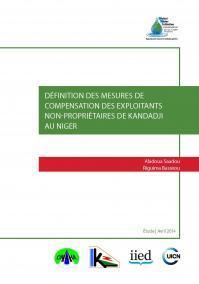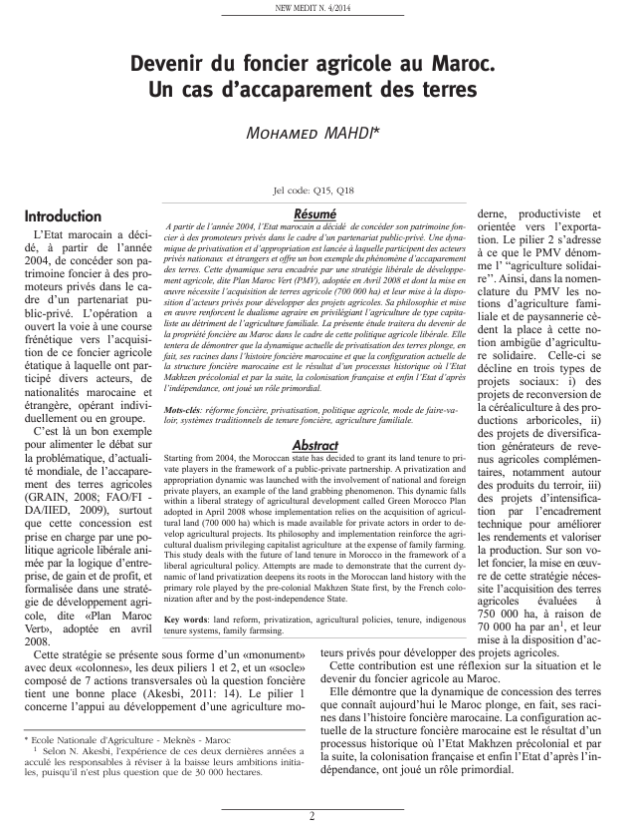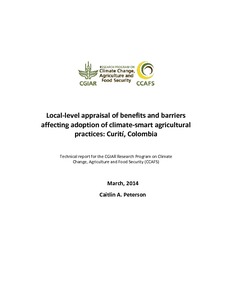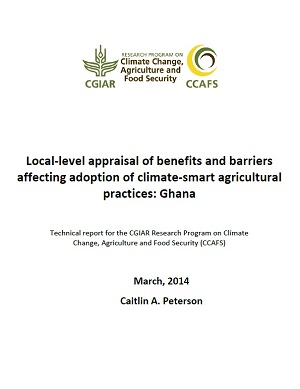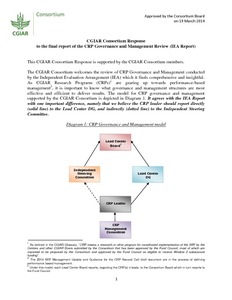A Framework for a Pro-Growth, Pro-Poor Transport Strategy : Guidance Note
A pro-growth, pro-poor transport
strategy (PGPTS) responsive to the second generation poverty
reduction strategies (SGPRSs) and the millennium development
goals (MDGs) are essential instruments to promote transport
development that facilitates economic growth and poverty
reduction. However, the national poverty reduction and
transport strategy reviews, undertaken by Sub-Saharan Africa
Transport Policy Program (SSATP) member countries, and the


